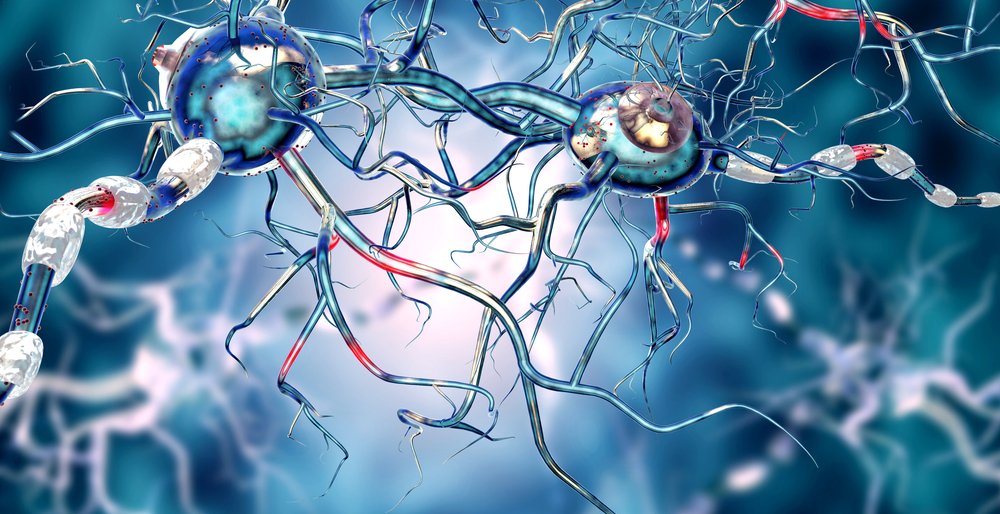Lack of Progranulin Protein Sheds Light on Molecular Features of Batten Disease, Study Shows
Written by |

A deficiency of the progranulin protein leads to abnormalities in lysosomal function and may explain some of the molecular processes involved in Batten disease and other neurodegenerative disorders, researchers say.
Their study, “Lipidomic and Transcriptomic Basis of Lysosomal Dysfunction in Progranulin Deficiency,” was published in the journal Cell Reports.
Defective lysosomal function defines many neurodegenerative diseases, including neuronal ceroid lipofuscinoses (NCLs) and Niemann-Pick type C (NPC), and is implicated in Alzheimer’s disease and frontotemporal lobar degeneration with progranulin (PGRN) deficiency.
Batten disease, a type of NCL and a lysosomal storage disease, can be caused by mutations in the gene that provides instructions to make the protein PGRN. Batten involves the buildup of substances called lipofuscins, which consists of fats and proteins, within cells of the brain, eye, and skin.
This accumulation is found in specific structures within cells known as lysosomes — vesicles that act as cellular waste disposal systems by digesting unwanted materials.
Although the loss of PGRN function is a feature of many lysosomal storage diseases, its exact role in the function of lysosomes is still unclear.
Researchers from the University of Texas Southwestern Medical Center in Dallas examined brain cells from mice that lacked the progranulin protein — previously shown to have features present in Batten disease — to understand this protein’s role in lysosomes and how its loss of function can lead to neurodegeneration.
Looking at these cells under the microscope showed abnormalities in the shape and number of lysosomes, suggesting PGRN plays a role in normal lysosomal function.
To understand whether loss of PGRN function could lead to changes in the function of lysosomes, researchers used an approach known as lipidomic analysis, a term that refers to the comprehensive measurement of lipids in a particular organism.
Both human and mouse cells without functional PGRN protein had lipid abnormalities characteristic of altered lysosomal lipid metabolism. A genetic analysis of these cells also revealed an abnormal expression of genes involved in lysosomal function and lipid metabolism.
These results suggest the PGRN protein plays a key role in lipid metabolism within lysosomes.
“Neurodegenerative diseases due to PGRN dysfunction … involve latent lysosomal dysfunction,” researchers wrote. “This metabolic defect consequently exacerbates the progressive reduction of lysosomal and autophagic capacity during normal human aging and becomes the driver for the neuronal loss that culminates in frontotemporal lobar degeneration.”




